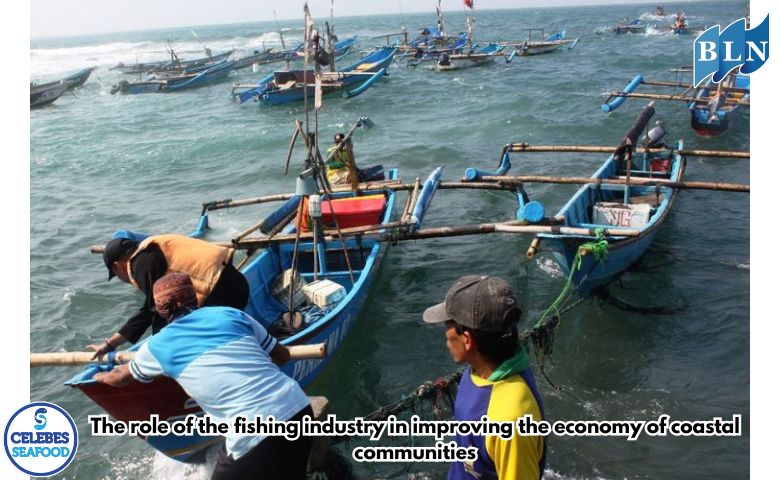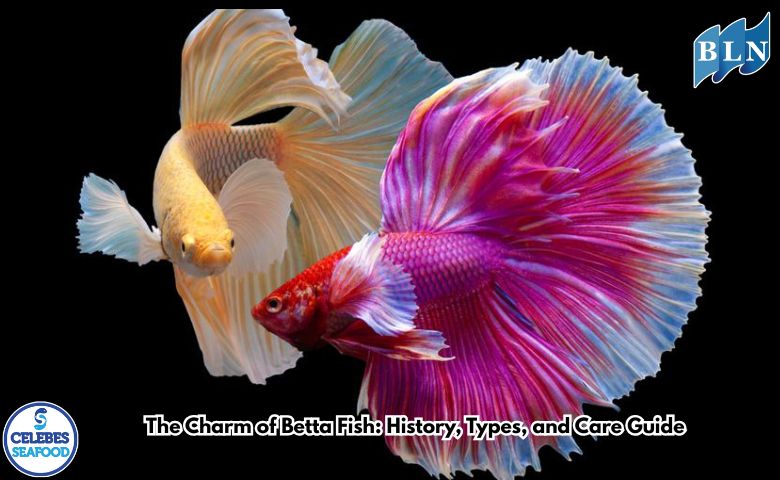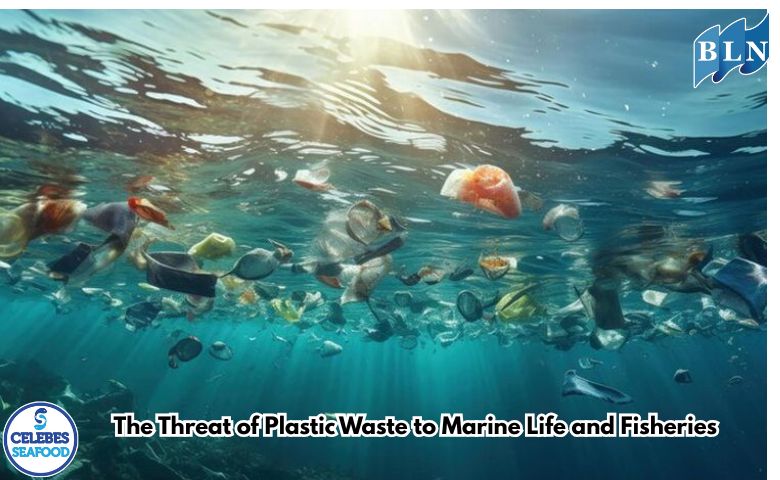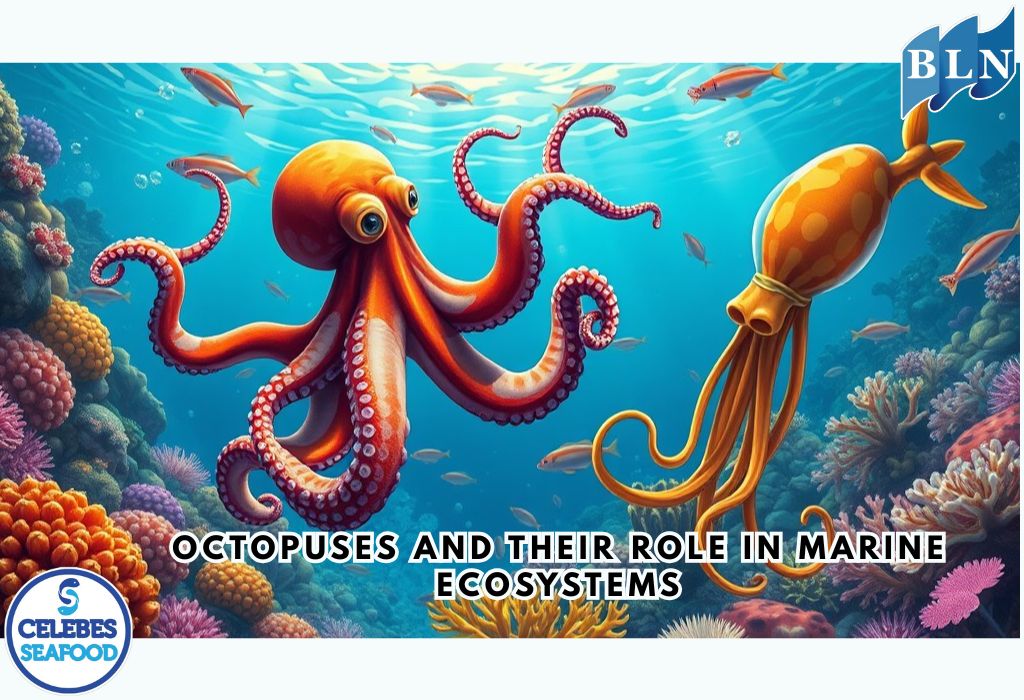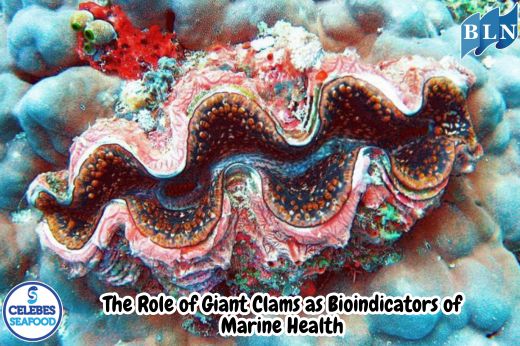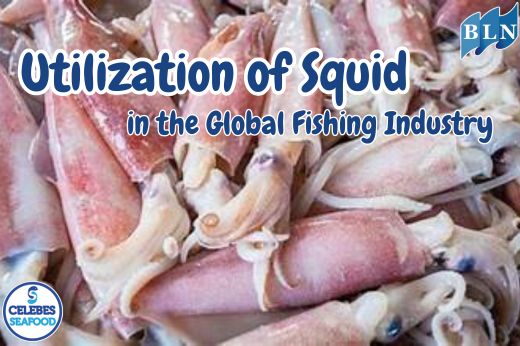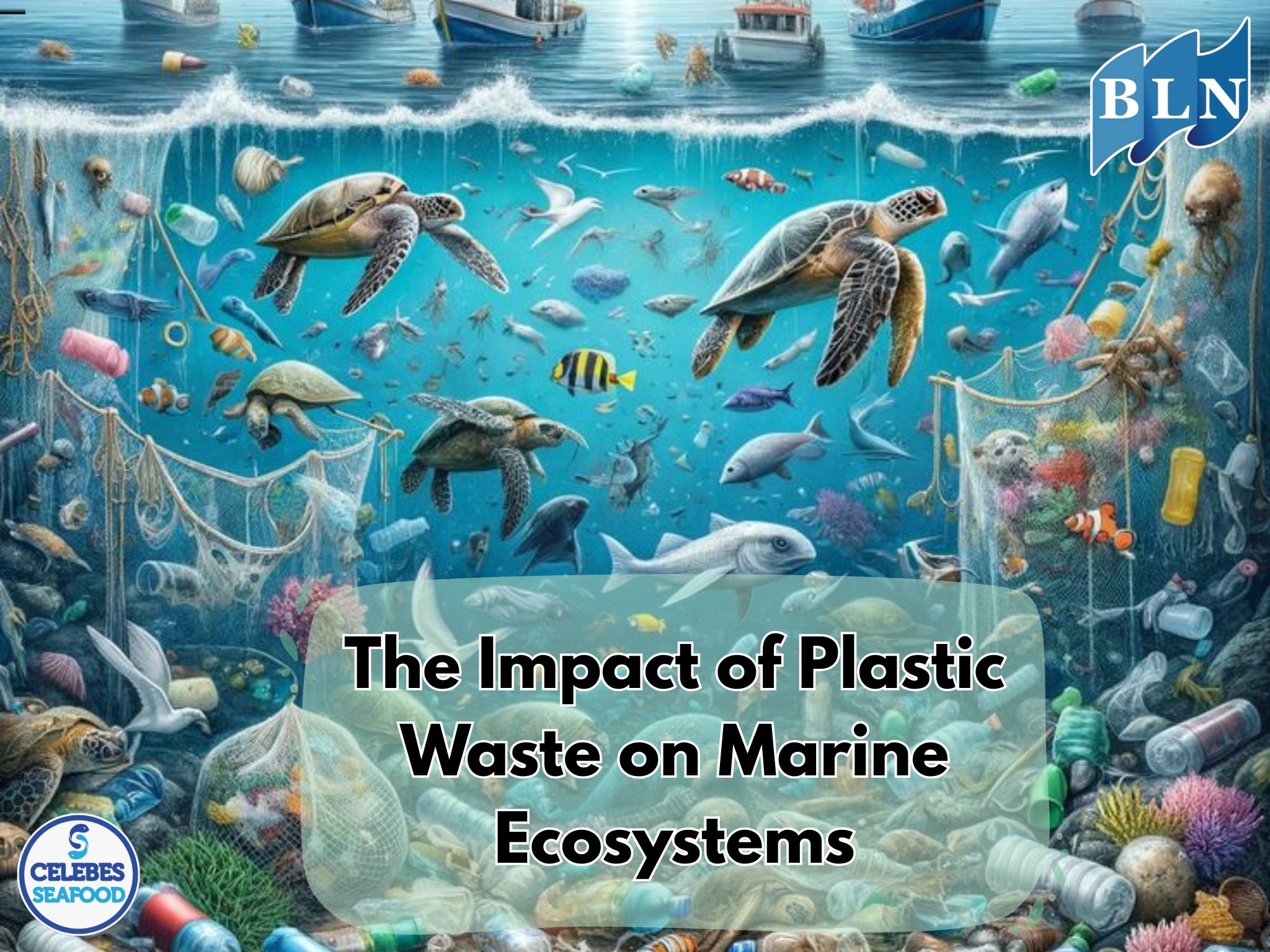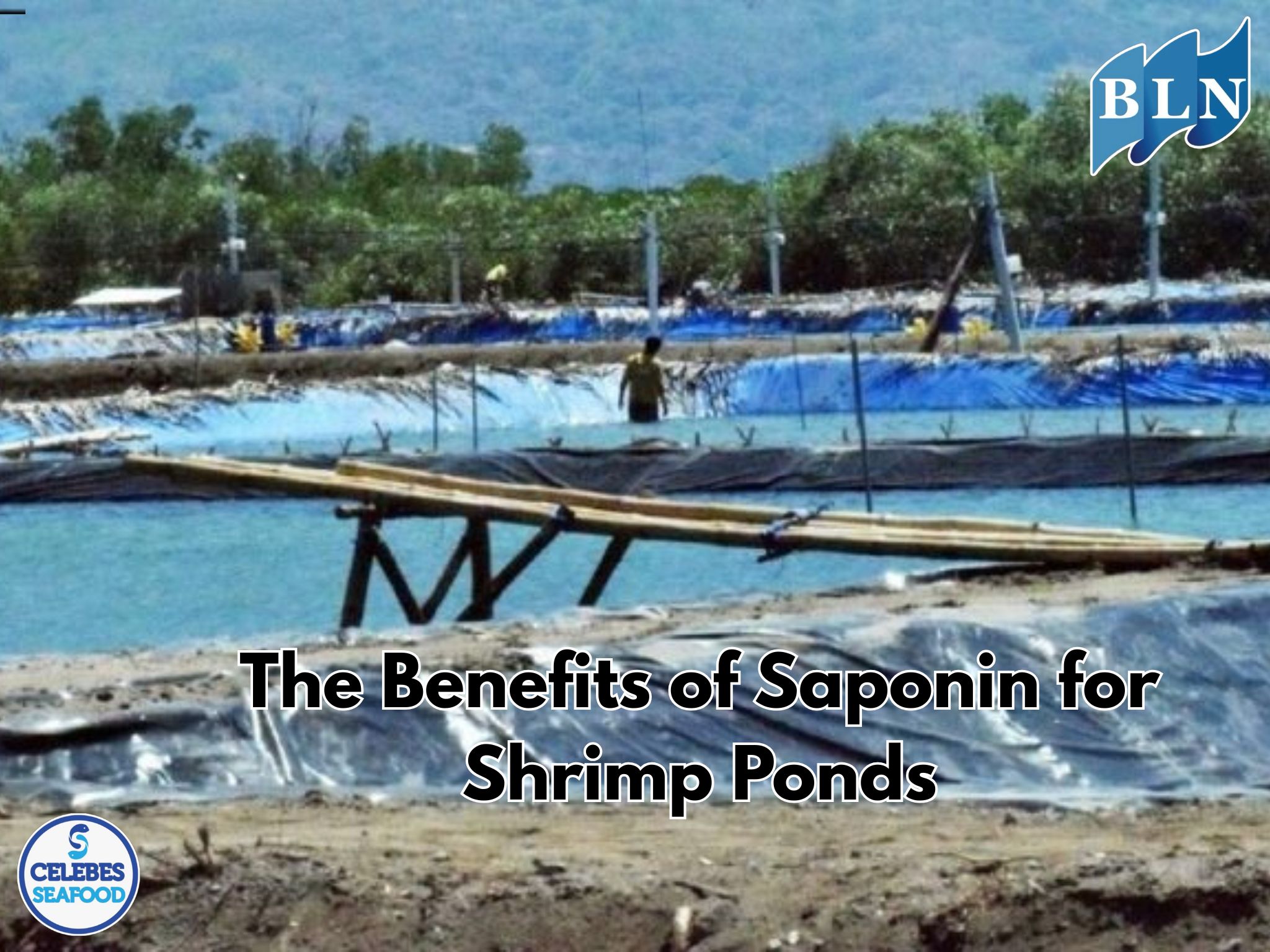Why Overfishing Threatens Food Security
By. Rani - 06 Aug 2025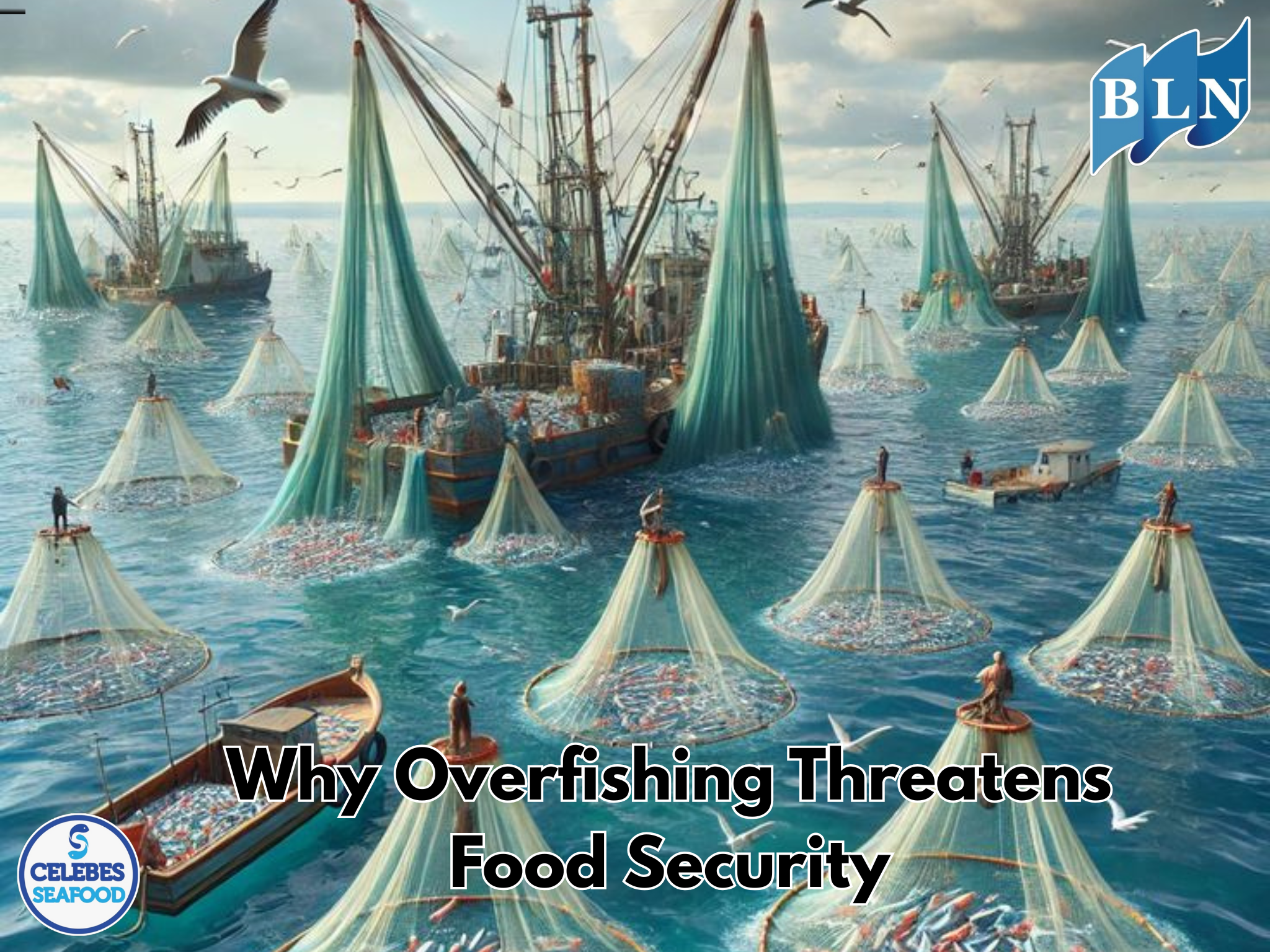
lautnusantara.com Overfishing is a serious threat to the sustainability of fish resources and marine ecosystems. In recent decades, the amount of fish being caught has exceeded natural population levels, leading to a decline in fish stocks worldwide.
In Indonesia, this phenomenon is becoming increasingly alarming. According to the "Trends in Marine Resources and Fisheries Management in Indonesia in 2022" study by the World Research Institute, over 50% of wild fish populations in Indonesia are experiencing overfishing. This not only affects the current generation but also future generations.
If not properly addressed, it is estimated that by 2050, the population of edible fish will collapse. This means that future generations will have difficulty getting fish as a food source.
1. Causes of Overfishing
Several factors contribute to overfishing:
-
Destructive fishing gear: Unfriendly fishing gear can catch fish indiscriminately, including non-target species (bycatch) and juvenile fish.
-
Excessive fishing and out-of-season fishing: Catching too many fish can lead to a drastic decline in fish populations. Meanwhile, fishing outside of the designated season can disrupt the spawning and growth of fish.
-
Unprotected fishing areas: Areas without protection are vulnerable to irresponsible fishing practices because they lack supervision.
2. The Impact of Overfishing
The impact of overfishing on edible fish species is significant. If it continues, fish populations could decline by up to 90%. This will disrupt the balance of the marine food chain. Fishermen's catches will also decrease, leading to a decline in their income.
In the long term, overfishing has a major impact on future generations. One consequence is the loss of fish as a source of protein, which negatively affects the health and nutrition of children. Fish is an affordable and accessible source of protein, making it essential for children to grow and develop optimally.
Not only that, but overfishing also impacts the marine ecosystem as a whole. Damage to coral reefs from overfishing can reduce marine biodiversity and destroy the habitats of marine species.
3. Aruna's Efforts to Prevent Overfishing
As a fisheries company concerned with the sustainability of marine resources, Aruna plays an active role in preventing overfishing. We use eco-friendly fishing gear, such as bubu, handlines, longlines, lift nets, and gillnets, to reduce negative impacts on the marine ecosystem.
Additionally, Aruna supports the Measured Fishing policy initiated by the Ministry of Marine Affairs and Fisheries (KKP). We strive to comply with the rules outlined in the Measured Fishing (PIT) policy to ensure that fish populations are maintained.
To support small-scale fisheries, we empower local fishermen by providing training and assistance. This is done to improve the skills and productivity of fishermen, allowing them to get higher-quality catches.
Overfishing is a serious problem that needs to be addressed immediately. We invite the entire community to play a role by choosing fishery products from companies that implement sustainable fishing practices. By doing so, we can protect our marine resources for a better future.
Let's work together to preserve fish resources and marine ecosystems so that future generations can continue to enjoy delicious and nutritious fish.
If you are interested in our Coral Trout Fillet Skin On, CORAL TROUT WGG WHOLE GILLED GUTTED, TOMATO COD WHOLE GILLED GUTTED please do not hesitate to contact us through email and/or whatsapp.
